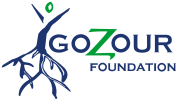Support to Vulnerable Groups
The empowerment of vulnerable groups in Egypt is the key to their integration and contribution to the Egyptian society. In GFD, we believe that empowerment is not only limited to the acquisition of socio-economic skills or financial assistance, but also the enhancement of the individual’s psycho-social status to enable them to better integrate with his/her surroundings. In this program, we target both Egyptians and non-Egyptians. In regard to GFD’s support for the former group, the foundation is highly concerned with supporting women, from different age groups, to be able to support their families, communities and their surrounding milieu. While women’s participation in the political and economic spheres are still culturally unaccepted and resisted in some communities, GFD continues to challenge such perceptions by including them in its different projects that range from combating violence against women to engaging them in economic activities that aspire to decrease their degree of vulnerability. Through the following initiatives, GFD seeks to support vulnerable women:
- Fostering community-based actions in Community-Based Organizations (CBOs) to combat violence against women and promote gender equality;
- Promoting social, psychological and legal support services to women survives of violence;
- Developing advocacy and awareness-raising activities on the negative consequences of violence against women on the wider society;
- Providing young females with socio-economic skills, such as Career Guidance, Business English courses and Business Etiquette classes, to prepare them for accessing the job market.
As for the non-Egyptians, GFD considers refugees, asylum seekers and migrants among the most vulnerable groups in Egypt. As a country of origin, transit and destination, Egypt remains one of the key players in the regional and international scene of migration. Given the limited support offered to these groups, GFD believes that refugees and asylum seekers should be empowered to achieve self-reliance and resilience. GFD provides refugees and asylum seekers with:
- Psycho-social support and psychological counselling to help them overcome their traumas, adapt to life in Egypt and integrate;
- Career guidance and CV writing sessions to prepare them for socio-economic integration;
- Linkages to the job market through establishing Refugee Careers Website and building partnerships with the private sector.
- Prevention measures to combat violence against women and promote gender equality
- Protection measures through legal and psychosocial support to women survivors of different forms of violence.
Objectives & Approach

Inclusivity
- Technology Use: Leveraging ICT to improve conditions.
- Career Key Platform: Online job matching for refugees and migrants.

Sustainability
- Community Action: Advocacy and awareness campaigns.
- Skill Development: Career guidance and business training for young females.
- Support Services: Psychosocial counseling and job market linkage.

Innovation
- Gender Equality: Addressing labor market inequalities.
- Social Cohesion: Inclusive training programs for diverse groups.
Our Reach
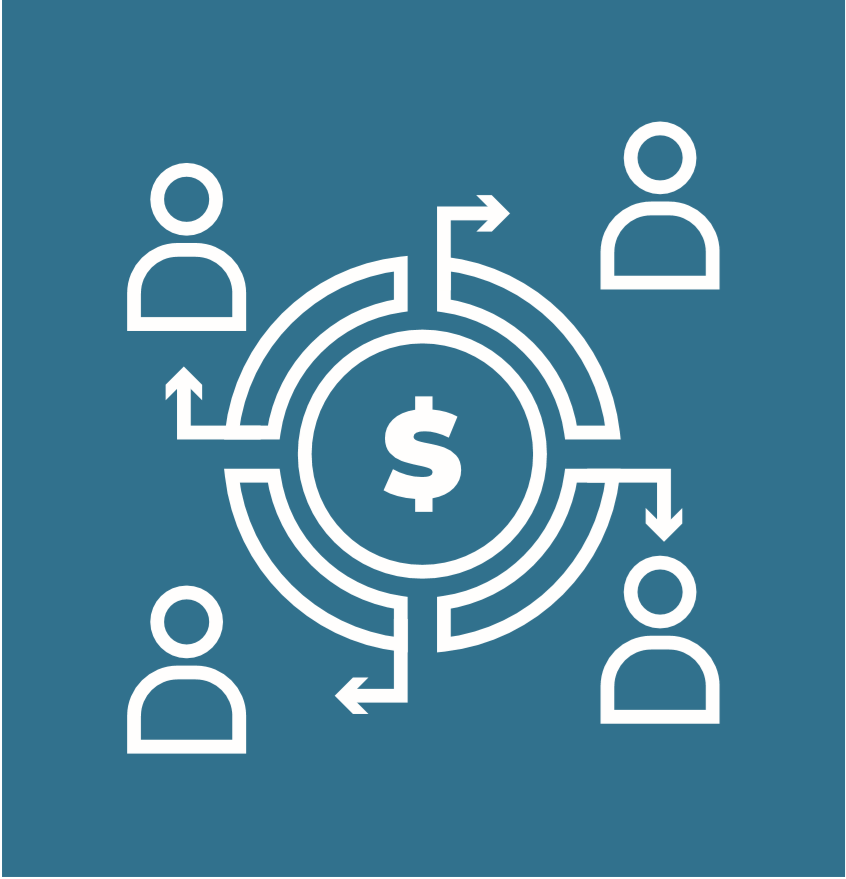
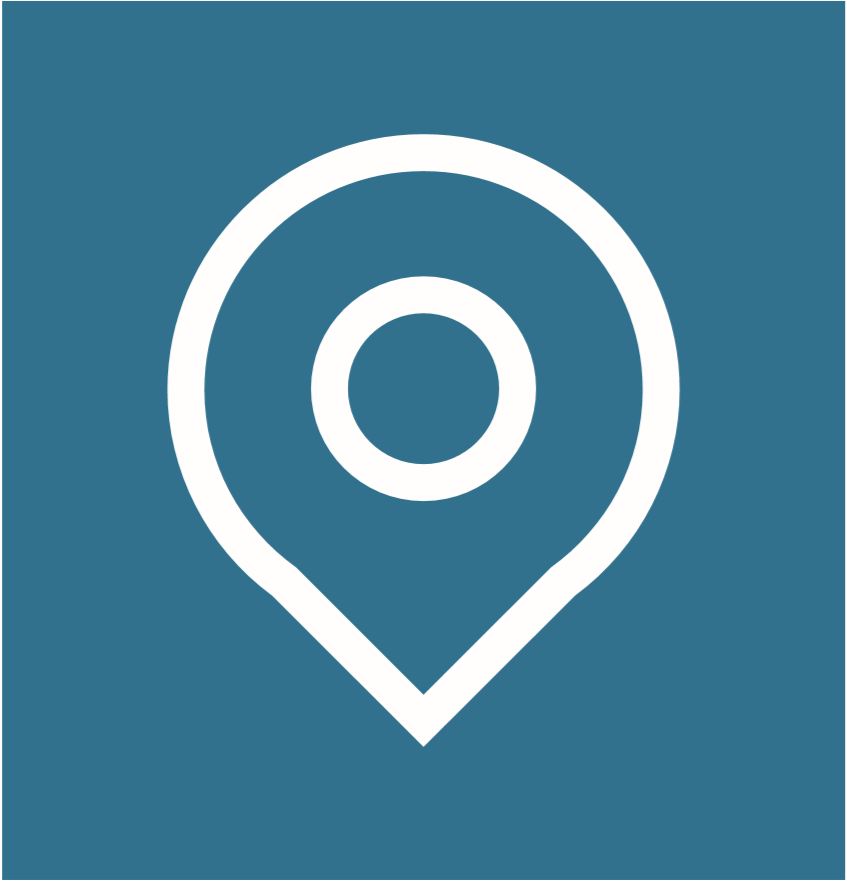
Our Impact
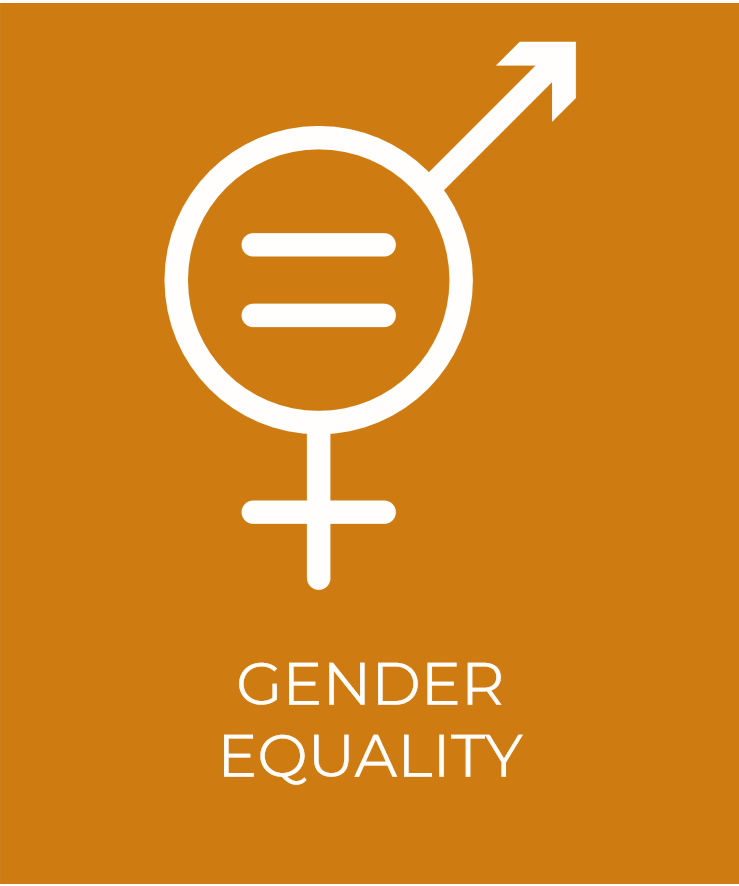
To ensure that women’s rights are protected and adequate assistance is provided to combat violence against women and promote gender equality, GFD has built the capacity of CBOs and provided social, psychological and legal support services for women who have suffered from violence. The foundation has launched over 80 advocacy and awareness-raising initiatives in five governorates to change community perceptions of women’s rights and to promote for their equal treatment. Furthermore, the foundation developed a resource booklet that encompassed different types of violence against women. This booklet aims to improve the status of women in rural areas as it is being utilized as a reference guide for organizations concerned with women’s rights. Furthermore, the booklet provides guidance and resources to women who need help and support.
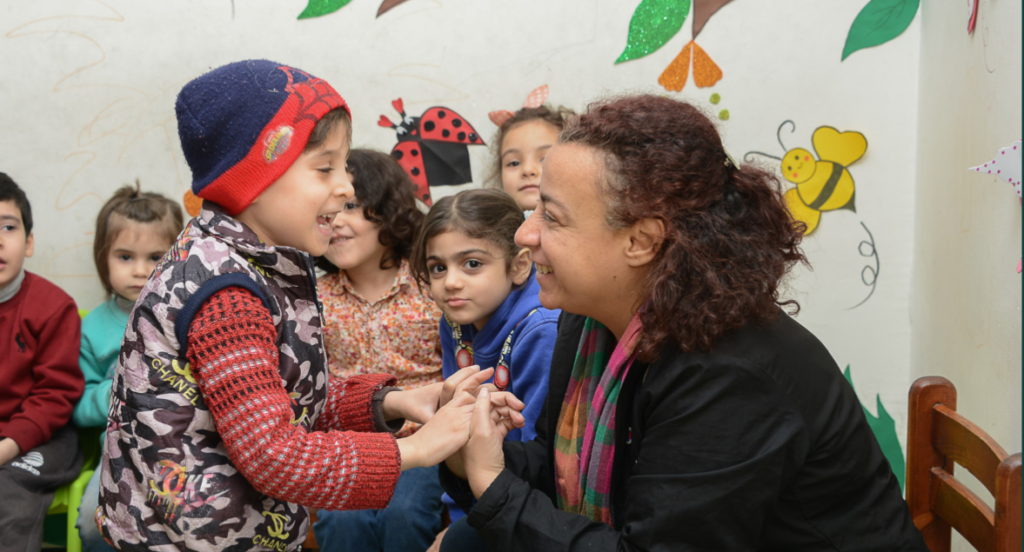
Key Projects
By Refugees to Refugees (R2R) project was an intervention that was designed to better protect the rights of vulnerable groups of refugees and migrants and mitigate the risks of exploitation, discrimination and exclusion whilst residing in Egypt. The R2R project targeted 1700 vulnerable refugees and migrants with the aim of helping them recover from failed attempts of sea migration, adapt to living in Egypt, access psychosocial, and acquire a set of skills for socio-economic integration. The purpose of R2R was to enable them to gradually rebuild their lives, achieve their goals and contribute dynamically to the broader communities where they live. Throughout the project vulnerable refugees and migrants received psychosocial support and counselling sessions. In addition, the project worked on increasing their capacity to become economically self-reliant and enabled them to integrate in Egypt by accessing the job market through the Employment Navigator Platform (ENP) found at www.refugeecareers.com.
In partnership with CONEMUND, GFD implemented a two-year project which aimed to improve the rights of women in Egypt, and sought to combat all forms of violence against women and promote gender equality in five governorates of Upper Egypt. The project mainly worked on changing the perceptions of local communities and raise awareness about risks associated with different forms of violence against women, namely early marriage, Female Genital Mutilation (FGM), domestic violence and sexual harassment among local community members. The project also worked on strengthening the capacity of local CBOs to develop prevention and protection mechanisms and combat practices against women that violate human rights in Egypt.
The project implemented five workshops on building community support, advocacy, support provision and building partnerships. The capacity building training programs built the capacities of 10 community-based organizations, which enabled them to provide different types of support to women survivors of violence in Upper Egypt. Following the first year, the project achieved good progress on the ground in the targeted areas with women survivors of violence by eliminating the barriers that prevented them from talking about their experiences and decreasing the social stigma, enabling them to gain confidence and durable skills that will help them in their present and future situation, and encourage them to become advocates in order to speak out about their experiences and assist their respective CBOs to conduct awareness- raising sessions.
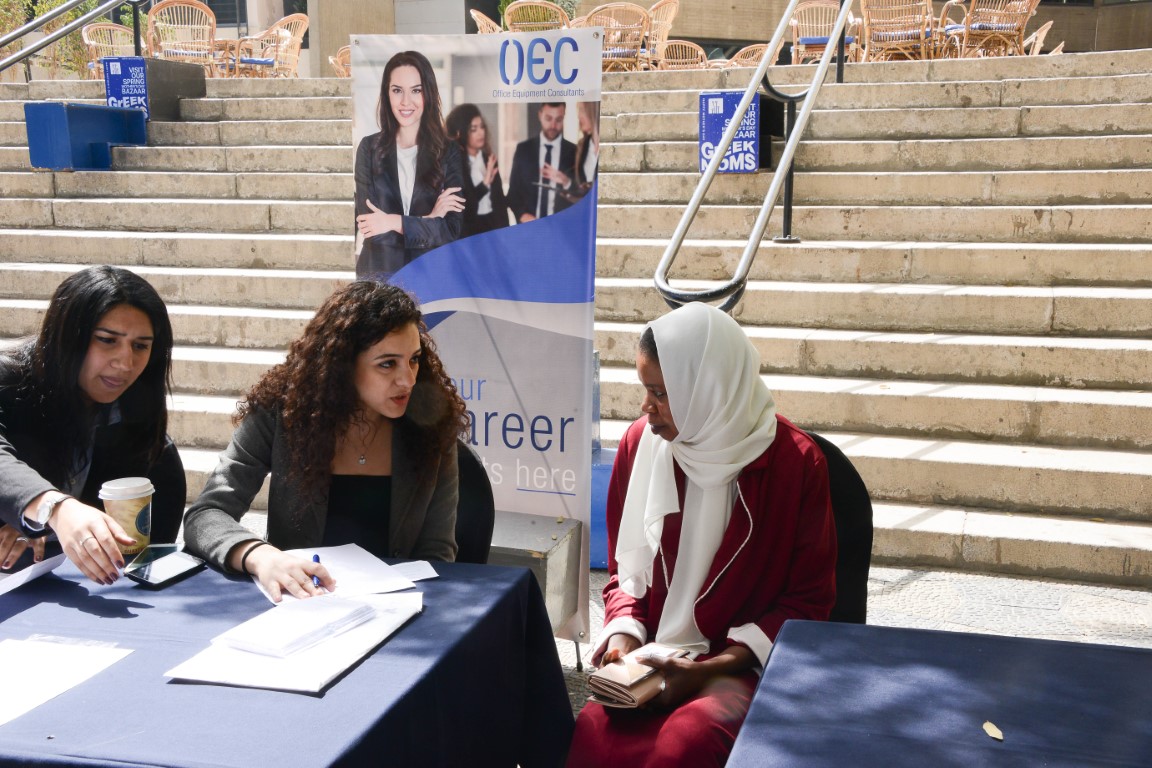
By Refugees to Refugees (R2R) project was an intervention that was designed to better protect the rights of vulnerable groups of refugees and migrants and mitigate the risks of exploitation, discrimination and exclusion whilst residing in Egypt. The R2R project targeted 1700 vulnerable refugees and migrants with the aim of helping them recover from failed attempts of sea migration, adapt to living in Egypt, access psychosocial, and acquire a set of skills for socio-economic integration. The purpose of R2R was to enable them to gradually rebuild their lives, achieve their goals and contribute dynamically to the broader communities where they live. Throughout the project vulnerable refugees and migrants received psychosocial support and counselling sessions. In addition, the project worked on increasing their capacity to become economically self-reliant and enabled them to integrate in Egypt by accessing the job market through the Employment Navigator Platform (ENP) found at www.refugeecareers.com.

In partnership with CONEMUND, GFD implemented a two-year project which aimed to improve the rights of women in Egypt, and sought to combat all forms of violence against women and promote gender equality in five governorates of Upper Egypt. The project mainly worked on changing the perceptions of local communities and raise awareness about risks associated with different forms of violence against women, namely early marriage, Female Genital Mutilation (FGM), domestic violence and sexual harassment among local community members. The project also worked on strengthening the capacity of local CBOs to develop prevention and protection mechanisms and combat practices against women that violate human rights in Egypt.
The project implemented five workshops on building community support, advocacy, support provision and building partnerships. The capacity building training programs built the capacities of 10 community-based organizations, which enabled them to provide different types of support to women survivors of violence in Upper Egypt. Following the first year, the project achieved good progress on the ground in the targeted areas with women survivors of violence by eliminating the barriers that prevented them from talking about their experiences and decreasing the social stigma, enabling them to gain confidence and durable skills that will help them in their present and future situation, and encourage them to become advocates in order to speak out about their experiences and assist their respective CBOs to conduct awareness- raising sessions.